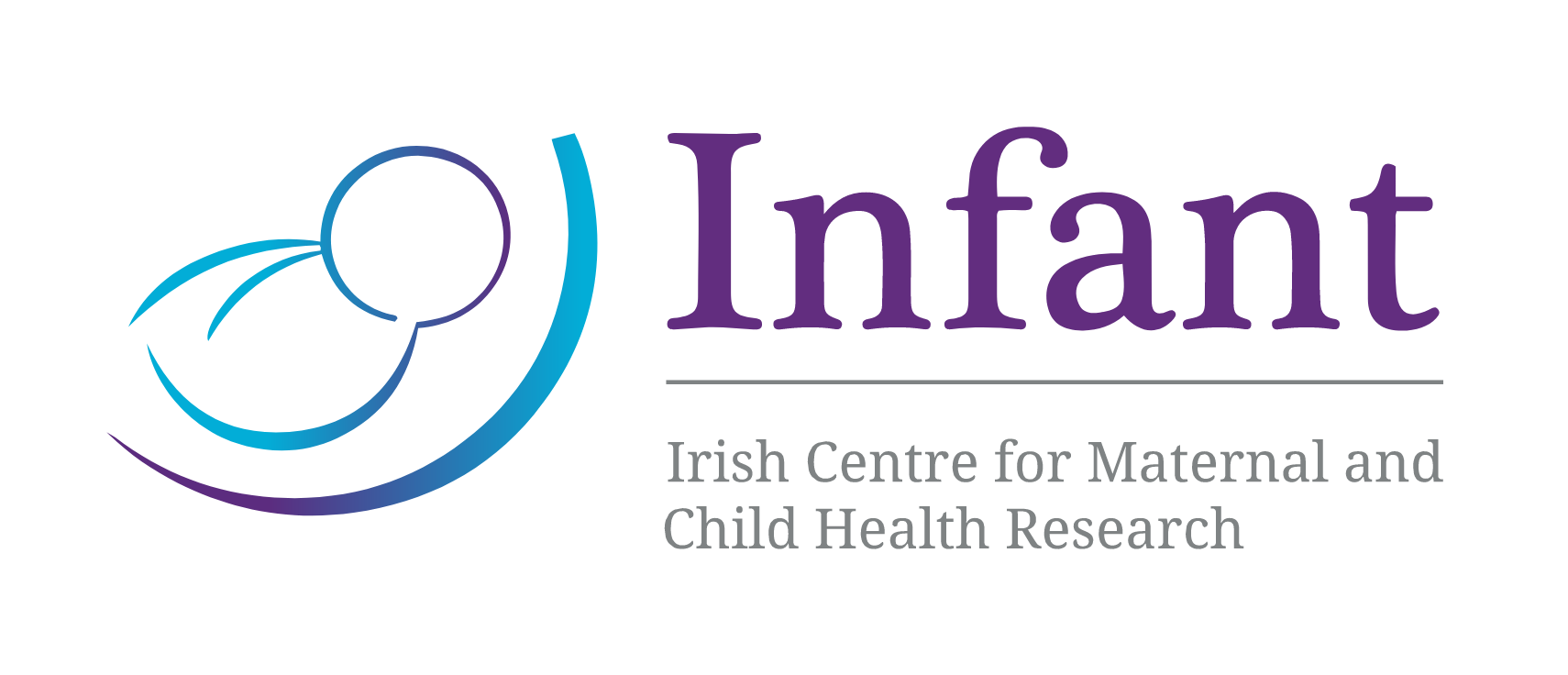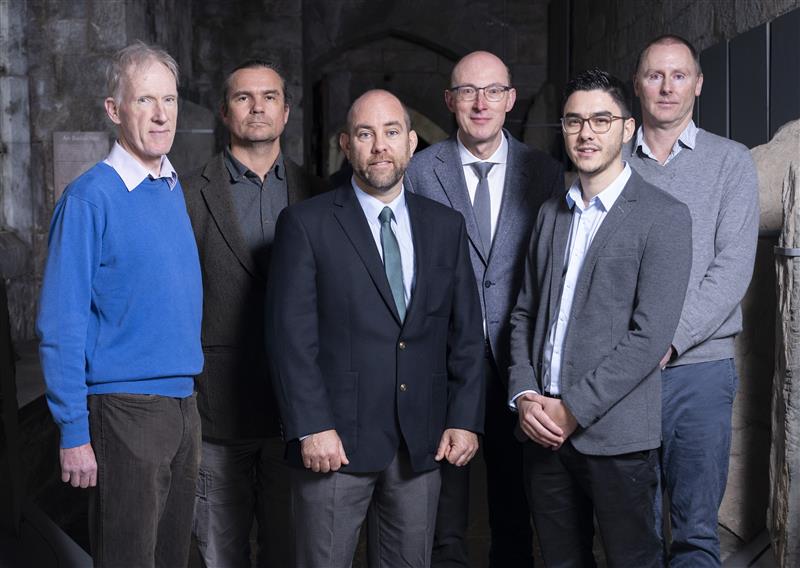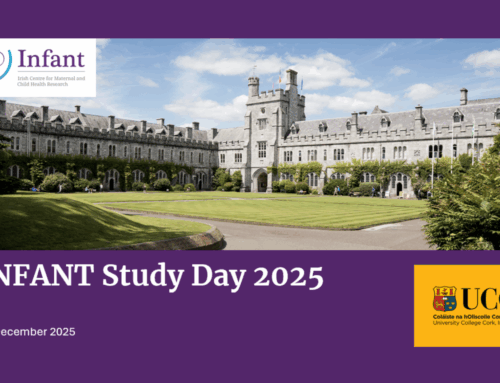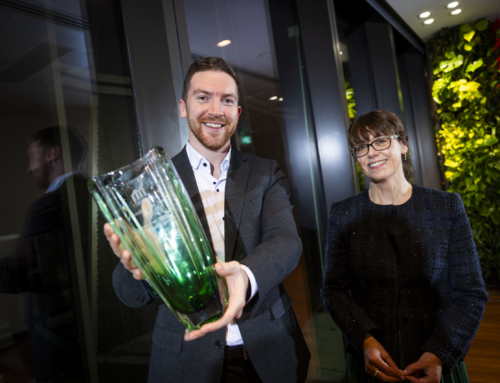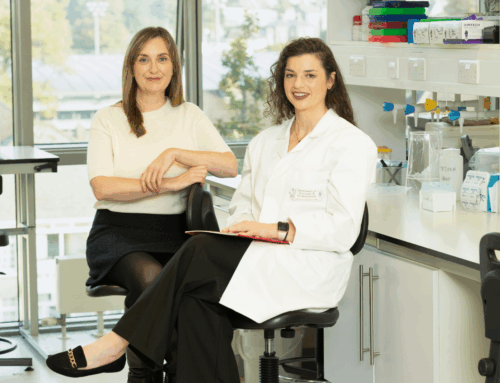November 14th 2025: Minister for Further and Higher Education, Research, Innovation and Science, James Lawless, TD, has today announced €34.5 million in funding to support 39 cutting-edge research projects.
Addressing biodiversity at Lough Hyne Marine Nature Reserve by combining modern mathematical methods, building computer models that better predict long-term outcomes for babies affected by birth-related oxygen loss, and the 3D printing of rechargeable batteries in any shape using sustainable materials are amongst the seven University College Cork (UCC) and Tyndall National Institute projects to receive a collective €6.2m funding under the Research Ireland Frontiers for the Future Programme.
The Research Ireland Frontiers for the Future Programme funds high-risk, high-reward research programmes and innovative, collaborative research with the potential to deliver economic and societal impact. This year’s Frontiers for the Future Programme was co-funded by Children’s Health Foundation, Breakthrough Cancer Research, and Sustainable Energy Authority of Ireland.
Minister for Further and Higher Education, Research, Innovation and Science, James Lawless TD, today announced a total €34.5 million investment to support 39 cutting-edge research projects nationwide through the Programme.
Announcing the awards, Minister Lawless said: “We are investing in cutting-edge, curiosity-driven research, and empowering individual researchers to progress bold ideas that can lead to groundbreaking discoveries. These awards demonstrate our dedication to building a diverse and inclusive research community that delivers impact for our society and economy. I look forward to seeing the development and outputs of these projects over the coming years.”
Professor John F. Cryan, UCC Vice President for Research and Innovation said: “We are immensely proud of our researchers at UCC who will lead these Research Ireland Frontiers for the Future Programme awards. Aligning with several of our UCC Futures thematic areas, these projects will further strengthen UCC’s national and global leadership in delivering impactful research and finding innovative solutions to major scientific, societal and healthcare challenges.”
Among the new research projects totalling €6.2m that will be funded at University College Cork and Tyndall National Institute are:
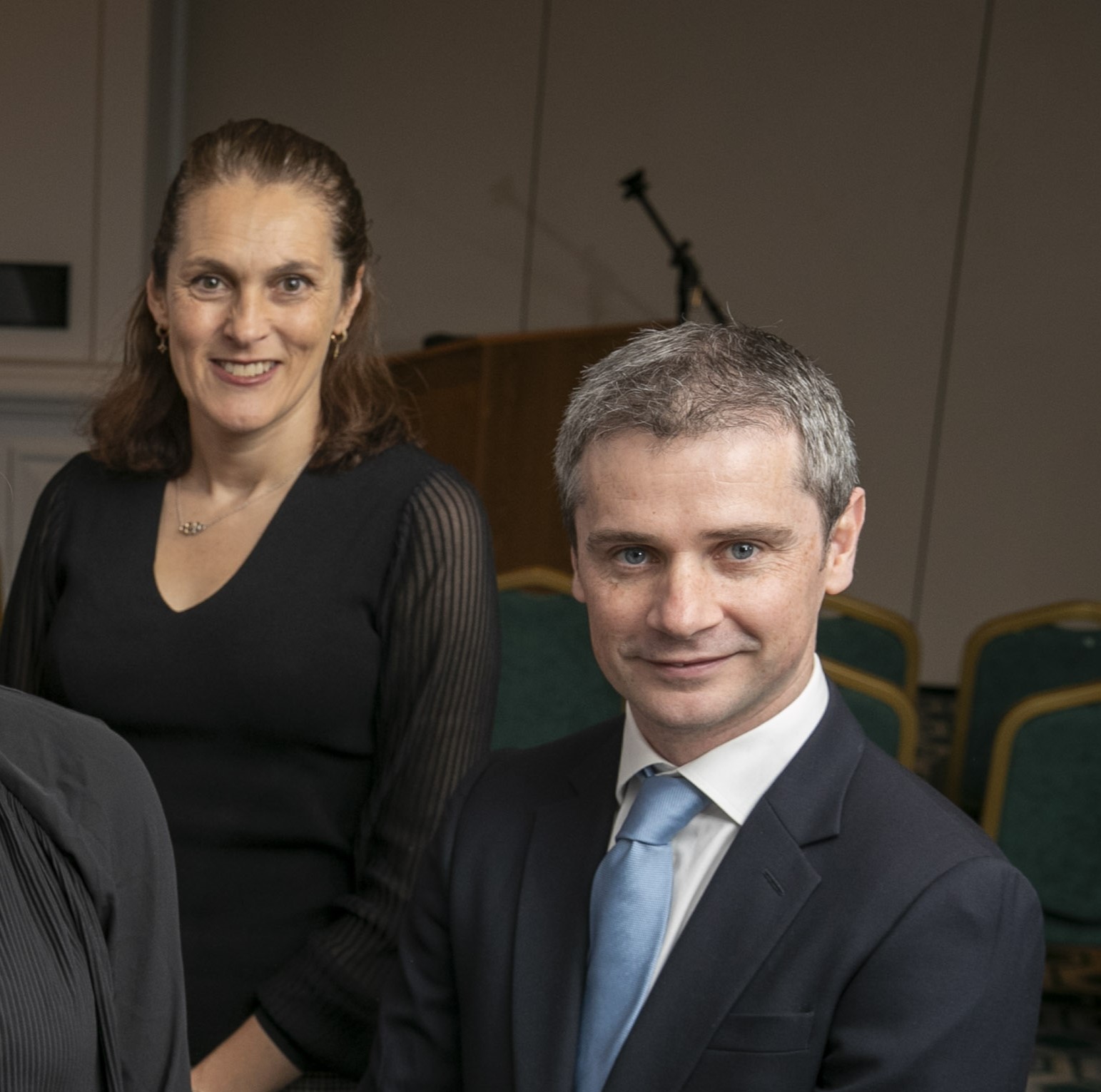
School-age Outcome Prediction using radiomic imaging algorithm in Hypoxic ischaemic encephalopathy (SOPHIE)
Funding Amount: €768,722
Leads: Professor Brian Walsh, INFANT Research Centre and Cork University Maternity Hospital and Professor Deirdre Murray, INFANT Research Centre and Department of Paediatrics and Child Health
This project will develop new computer models for the early newborn MRI, that look at both the initial injury and also how the brain will develop over time, to better predict outcomes. To do this, the researchers will perform repeat MRIs and outcome assessment at school-age and develop computer models linking the newborn and school-age information.
Adaptive dynamical network solutions to ecological restoration
Funding Amount: €1,225,836
Leads: Professor Sebastian Wieczorek and Dr. Serhiy Yanchuk, School of Mathematical Sciences.
This project addresses biodiversity loss by combining modern mathematical techniques of Network Science and Tipping Point Theory with real-world applications to specific ecological problems. The focus will be on modelling invasive species and ecological sleepers in Lough Hyne Marine Nature Reserve, with a view to extending the study to ecological restoration in other ecosystems in Ireland and Europe.
Unmanned marine Mapping and Monitoring to support Irelands offshore Development (DMAND)
Funding Amount: €1,221,660
Lead: Dr. Aaron Lim, Department of Geography, School of the Human Environment and Sustainability Institute
The DMAND project uses a swarm of autonomous underwater vehicles (AUVs) to map the seafloor from shallow coastal zones to deeper offshore areas (1–300 m). By developing smarter, more efficient methods for data collection and analysis, this research will help to make offshore renewable energy more affordable and environmentally responsible by revolutionising how we collect and use marine data.
Surface functionalisation of silicon devices for electrical detection of gas phase ammonia at atmospherically relevant concentrations (SUREDETECT)
Funding Amount: €809,219
Lead: Dr. Stig Hellebust, School of Chemistry.
This project will develop the science and technology to detect and quantify ammonia (an air pollutant) via new, low-cost, and mass-produced surface functionalised silicon devices. The technology has the potential to bring about a significant breakthrough in ammonia monitoring, improved control of ammonia emissions, new insights into atmospheric chemistry, enhance public awareness of air quality and enable more public engagement and citizen science.
Fully Recyclable 3D Printable Aqueous Rechargeable Batteries in Any Shape using Sustainable Resources
Funding Amount: €778,147
Lead: Professor Colm O’Dwyer, School of Chemistry.
Additive manufacturing, or 3D printing, of rechargeable batteries can create new form-factor cells moulded to the shape of the device at design stage without compromising energy density at cell level. This project will use sustainable materials to 3D print rechargeable batteries in any shape, so they match the device design and function from the get-go, rather than the other way round. And when the batteries are no longer needed, the outer casings and inner battery materials can be completely recycled and recovered for reuse.
Tracking Recycling in Brain Cancer: The TRIBeCA Study
Funding Amount: €775,491
Lead: Dr. Andrew Lindsay, School of Biochemistry & Cell Biology.
Glioblastoma is the most common and aggressive brain cancer in adults, and its incidence is rising due to an aging population. Remarkably, the survival rates for this cancer have not improved since the early 19th century. This project aims to discover new therapeutic targets by systematically analysing how a biological pathway, that we identified as being overactive in glioblastoma, contributes to the tumour’s aggressiveness.
High efficiency power conversion and delivery with light (Hilight)
Funding Amount: €584,513
Lead: Brian Corbett, Tyndall National Institute and School of Physics.
The project will develop effective ways of harvesting energy from light, creating innovative and efficient methods to transfer energy using light, resulting in new power converting devices. These will enable more efficient collection of energy from the sun and power delivery for difficult places such as high voltage environments and medical endoscopes.
The 39 Research Ireland funded initiatives span across the following 12 research institutions: Dublin City University, Dublin Institute for Advanced Studies, Maynooth University, Munster Technological University, RCSI University of Medicine and Health Sciences, Teagasc, Trinity College Dublin, Tyndall National Institute, University College Cork, University College Dublin, University of Galway, and University of Limerick.
